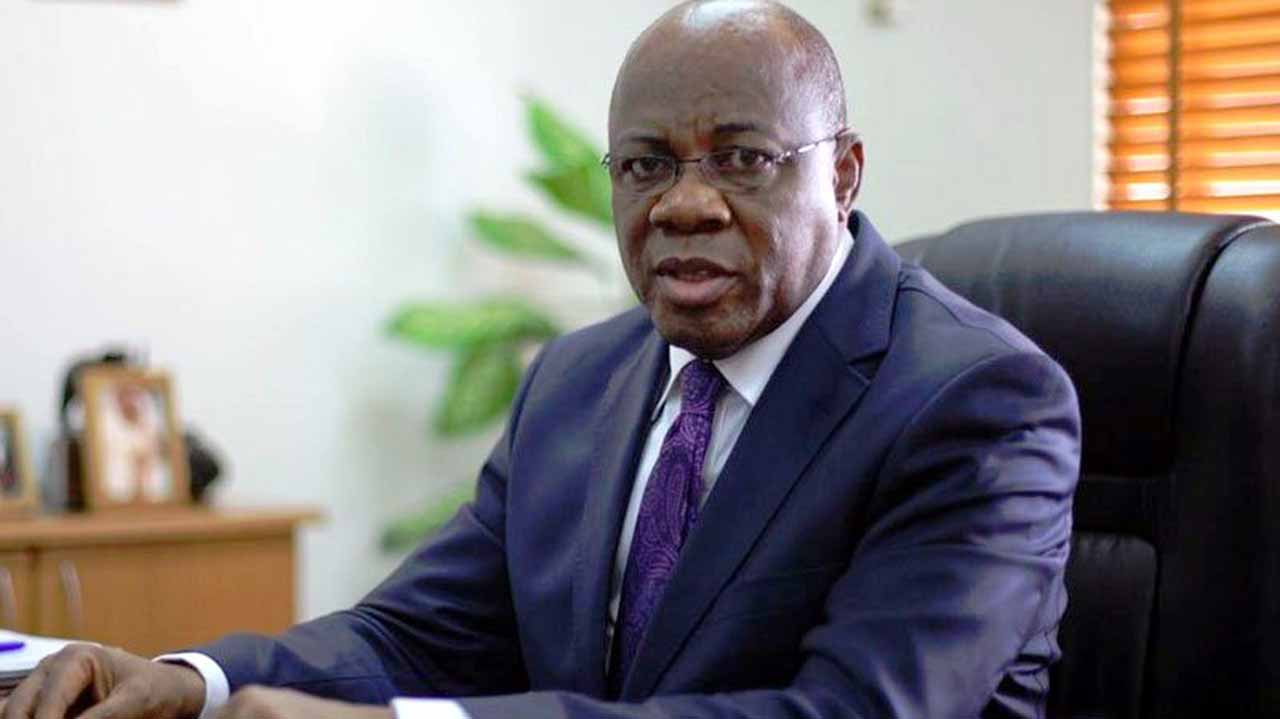The Common Ground Journalism Forum and the Step-Up for Women In Journalism Initiative (SWIJ) have concluded their 2-day Capacity Building Program for Women Journalists in Rivers State, with the theme: “Career advancement amid evolving dynamics.”
The initiative is part of the media component of the European Union in Nigeria-funded project “A Community-Centred Approach to Transforming Violence and Criminality in the Niger Delta,” being implemented by Search for Common Ground, Nigeria, and its consortium of partners.
The programme, which was held on August 21 and 22 at the Nigeria Union of Journalists’ Complex, Rivers State, featured conversations on making impacts with Solution Journalism and the use of social media for peacebuilding in communities. The panel discussion looked at the right attitudes for career development.
Speaking, former Commissioner for Information in Rivers State, Ibim Semenitari, cautioned journalists against overreliance on AI in their job, especially in investigative journalism.
Semenitari stated that while journalists can employ AI to enhance their jobs, it should not be a replacement for the brain and critical thinking.
The former information commissioner spoke at the opening session of the two-day capacity-building workshop.
Semenitari emphasised the need for journalists, especially women, to regularly and consciously invest in and develop themselves to remain abreast of changing technology.
Specifically, she noted that with feminist intuition, women are crafted to be better investigative journalists, but regrettably, they are not utilising it to reach the peak of their career.
“You’ve got to be willing to be more, and you can’t be more sitting down and doing the usual. You have to ask what the current trends are. You can use AI, but not as a replacement for your brain,” she said.
Elizabeth Aduku, a member of Common Ground Journalism Forum and Development Partner with Foundation for Partnership Initiative in the Niger Delta (PIND), who spoke on utilising social media tools for community peacebuilding, emphasised the need for journalists to understand digital tools and their uses. She stated that journalists must be conflict-sensitive while using social media tools for their reports.
She also suggested the need for journalists to develop fact-checking skills to always verify videos and pictures to avoid spreading false stories that could lead to conflict. She mentioned some of the tools to include: Verify, Messaging, and Mapping.
Team Lead of Step-Up for Women in Journalism Initiative (SWIJ), Ann Godwin, who spoke on Emotional Intelligence, noted that a thriving career is not just built on academic papers and experience but on emotional maturity and the ability to connect.
She said, “Intelligence is not proven by how much you know, but by how well you use what you know to improve yourself, fulfil purpose, and impact society.”
She highlighted setting career targets, maintaining a positive mindset, self-care, learning from past experiences, and handling issues and challenges with maturity as some of the ways that can lead to career development, and urged female journalists to embrace emotional intelligence.
The Mass Media and Information Management Coordinator of SFCG, Sunny Dada, dissected ‘Solution Journalism’ for the participants with illustrative images, while the Executive Director of Media Career Development Network, Lekan Otufodunrin, spoke on career check-up, charging participants to constantly review their careers and update their documents.
The panel session was quite engaging, with panellists made up of seasoned career journalists and student journalists.
During the technical session, panellists also identified unwillingness to be mentored, lack of self-confidence, lack of networking, unwillingness to take up responsibilities, inability to balance domestic and work challenges, and inability to embark on self-sponsored trainings as some of the challenges hindering women journalists from advancing their careers.
The panellists, however, recommended regular training, mentoring for female journalists, as well as the need to prioritise conversations that are strategic and solution-focused.






